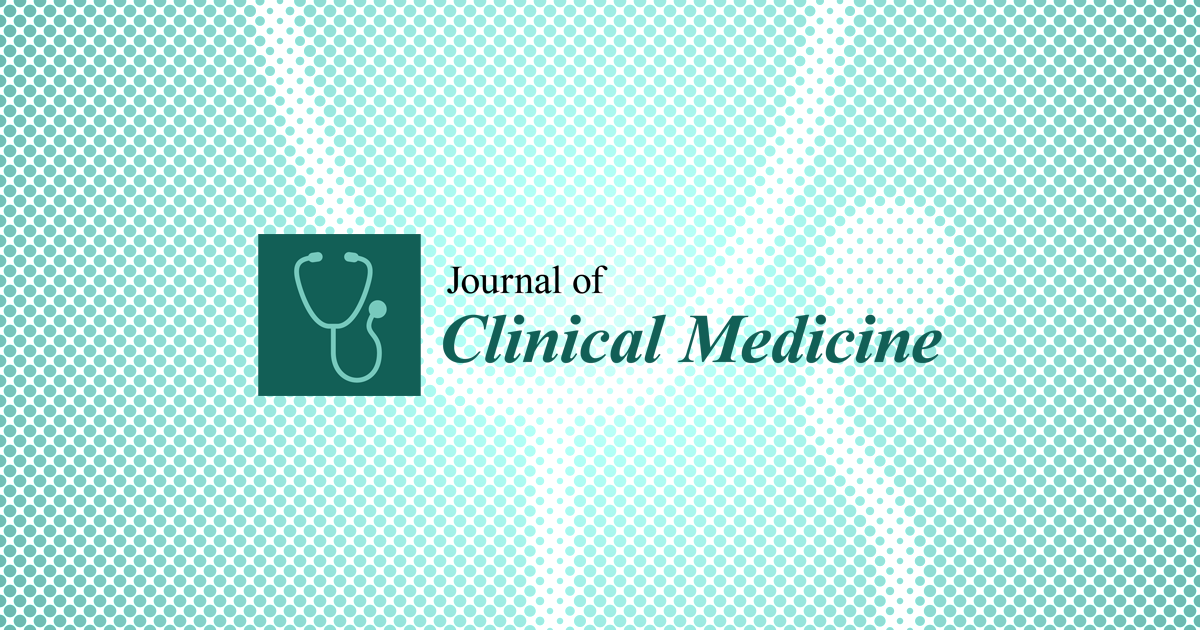By: Kristen Lee
In the last three decades, gene therapy has demonstrated significant progress. Over 700 active investigational new drug (IND) applications have been reported. Research on in utero gene therapy has advanced, but ethical and safety concerns persist. A novel approach under investigation is placental gene therapy, which holds promise for targeting diseases associated with placental dysfunction, such as fetal growth restriction (FGR) and preeclampsia. One of the underlying causes of placental insufficiency in these conditions is reduced placental growth factor-driven angiogenesis and endothelial cell dysfunction during fetal development. Studies have explored the overexpression of growth factor transgenes like IGF-1 to address FGR, yielding promising outcomes in animal models. Furthermore, intra-placental gene transfer, instead of systemic delivery of gene therapy vectors, has the potential to treat and cure these disorders. However, challenges and limitations akin to in utero gene therapy persist, including the risk of in utero infection, potential impairment of the mother's future fertility, the risk of germline integration, and possible off-target effects of gene transfer in the fetus or the mother. Consequently, additional research and deliberation within the scientific and medical communities are warranted to fully comprehend the potential benefits and risks of placental gene therapy.

















